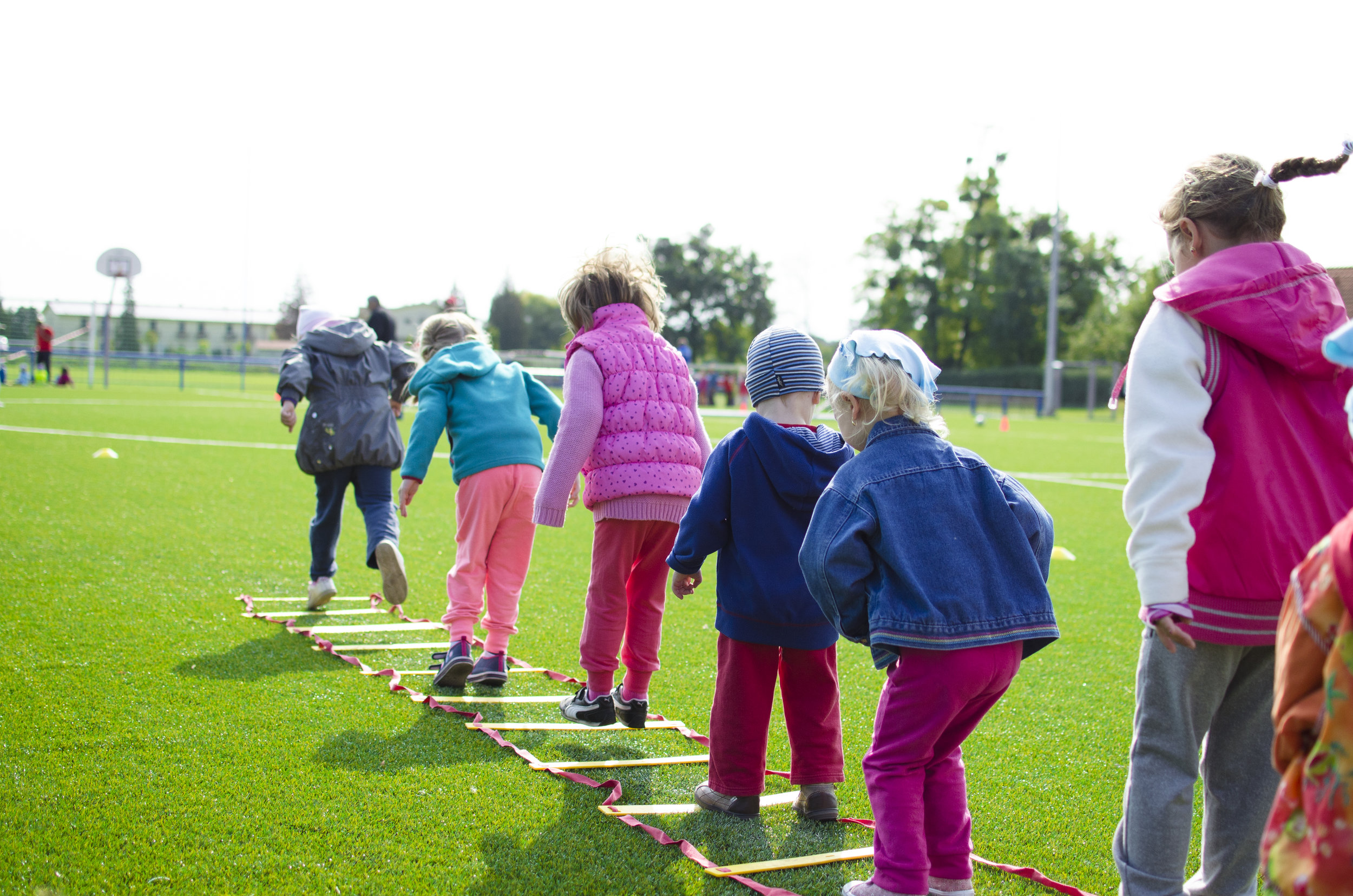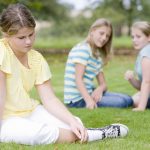
Key facts
- Children need a safe environment to play sport. This includes an environment that is free from abuse, discrimination and harassment.
- All equipment used should be safe and meet Australian Standards.
- A child’s emotional environment is just as important as their physical environment.
- Listen to your child. Take their concerns seriously and respond to them.
Creating a safe sports environment for children
It is important to ensure a safe environment for children who play sport. By law, sporting organisations in Australia are responsible for protecting children from abuse, discrimination and harassment.
Make sure the sporting environment is safe by ensuring:
- equipment is not broken; there are no uneven surfaces or sharp rubbish around
- your child plays sports that suit their size, age and ability
- they don’t stay too long in the cold or the heat
- they have clothes and equipment suited to the environment
Creating a fair and supportive sports environment for children
A child’s emotional environment is just as important as their physical environment. Protect your child’s wellbeing when playing sport by ensuring:
- they are not forced or coerced into any type of physical activity
- they are kept away from anyone who criticises, abuses or shouts at them (including coaches, parents, other players or spectators)
- the team is fair and the competition is positive
- you praise your child’s efforts, even if they don’t win
Child protection guidelines in sports
Children have a right to be safe and protected from people who are unsuitable to work with them. All states and territories have child protection laws to keep children safe and protect them from abuse.
Parents and families play an important role in alerting authorities if a sporting environment is not safe for children. You are ‘the eyes and ears’ of your child’s environment. If you are concerned about child safety, speak up and make a complaint. Here are some tips to help you make sure that your child is safe.
- Everyone, including children, should be treated with respect.
- Staff and volunteers must not develop any special relationships with children that could be seen as favouritism (such as giving them gifts or special treatment).
- Adults should not be unnecessarily physical with a child.
- Adults should not do personal things that the child can do themselves, like changing their clothes.
- Adults should not talk about adult topics, express personal views about different cultures or races, or use inappropriate language in front of children.
- No child should be discriminated against because of their culture, race, ethnicity or disability.
- Adults involved in sporting organisations shouldn’t contact the child or the family outside the organisation, including online.
How do I talk to my child about staying safe in a sports environment?
Talk to your child about safety from an early age, and help them understand how their body might feel when something is wrong. The palms of their hands might be sweaty, and they might have shaky legs or a nervous or nauseous feeling in their stomach.
Teach children to speak up if they feel unsafe. Let them know that no one is allowed to touch their private parts, and make sure they understand boundaries and how to say ‘no’ if something is not right, and to call you for help if they feel unsafe.
Listen to your child, especially if they tell you they are worried about their safety or the safety of another child. Take their concerns seriously and respond to them.
If you think a child is in immediate danger, remove them from the unsafe environment. Never leave a child alone in an unsafe environment.
How do I report an unsafe sporting environment?
If you are worried that a child is at risk, report it immediately to your state or national sporting or recreation organisation and child protection authority. You can also make a complaint to an officer of the club or organisation. This may be the president, executive officer, volunteer coordinator, or complaint handler.



